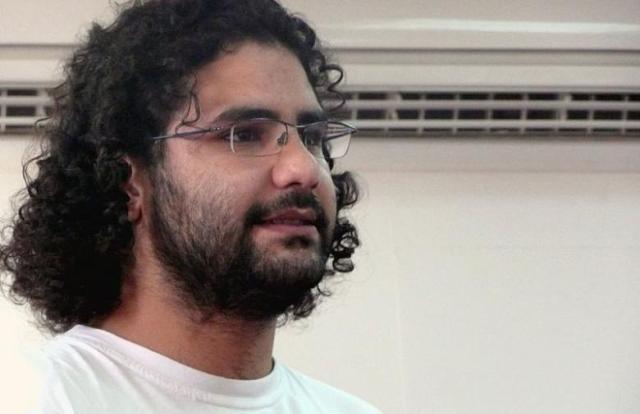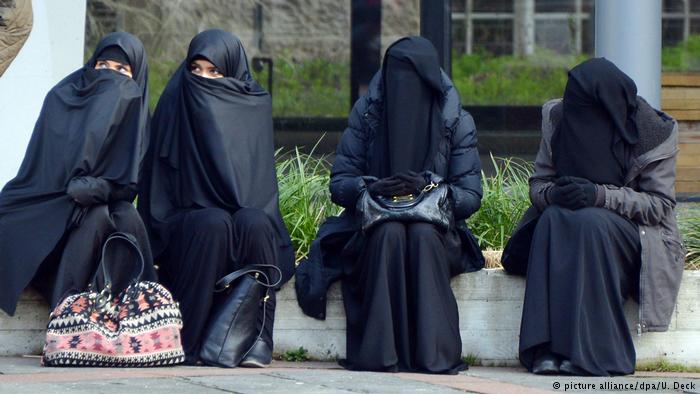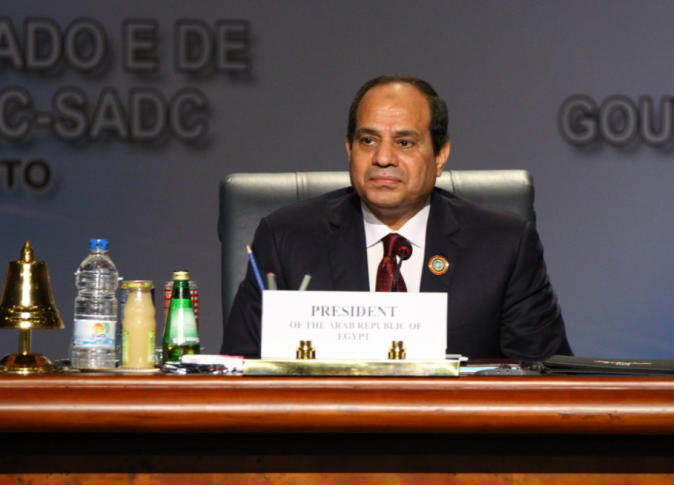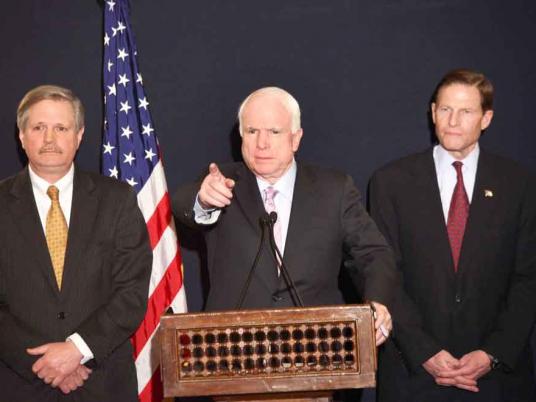
A long night of reporting about the Maspero violence that claimed 28 lives on 9 October ended with a heavy feeling of loss. A quick glimpse through one's Twitter feed revealed shock, sorrow and defeat. But amid this ominous moment, Alaa Abd El Fattah pounced into this virtual space with utmost poeticism. “Adununa nantasir,” “We shall be victorious,” he wrote.
I played the expression in my head like a lullaby. I recalled it every time an image surfaced in my mind from the morgue where the dead bodies from Maspero were kept.
“But where is victory?” I asked him a few days later when I found him online, hoping to find the depth behind this poeticism. Alaa was not being rhetorical. He articulated his thoughts about marginalization, the issue that has long been the basis for his thinking.
“The marginalized are always the core,” he said. From Christians, to tuk tuk drivers, to gay people, Alaa glorified how they challenge the status quo by denying its existence. “Now if you count the marginalized in all their forms, we are the majority, because it includes women, the poor, those who live in slums, in rural areas … That makes the mainstream a minority."
Alaa had just written a column for the daily newspaper Al-Shorouk, a few days after the events at Maspero. “With the martyrs, it is much better,” was the headline. With the same poetic power that allowed his hopeful tweet to emerge from endless sobbing, he wrote about his experience of spending the day at a public hospital with the Coptic families of the Maspero victims. Sect and class defines how these families belong to the margins, and this drew him to them. Alaa and a group of activists spent the day consoling the families (no one else was there for them aside from this group of Muslim activists – there were no middle-class Christians, for example), but also convincing them that they should pursue the perpetrators by allowing the culturally frowned-upon process of an autopsy.
In our chat, Alaa kept saying that this was a transformative moment. For him, the activists' encounter with the Coptic families of the victims was a moment of unity that precedes victory. The alliance remains fragile, he recognized, but it is strengthening.
He sees the alliance in post-Mubarak Tahrir, where the mainstream men and women – both Christians and Muslims – of the “gentrified square” retreated, ceding the place to street sellers, gangs and what-not. Along with the remaining activists of the square, this alliance stayed on, claiming post-uprising demands at a time when many others went back home seeking “stability.” Those who slammed Alaa and his fellow activists for continuing the revolution after February were jealous, he says, because the fluidity of its identity allowed for cross-class solidarity. This keeps the revolution alive.
When Alaa recalls criticism from counter-revolutionaries, the key words are “long hair, defends thugs and gangs, gay." He is jubilant to know that the markers of marginalization have come to define the defamation campaign against him. If this does anything, it proves him right.
On 10 October, Alaa and fellow activists decided to march from the Coptic Hospital's morgue to the Abbasseya cathedral, carrying dead bodies on their shoulders. They marched past a bewildered crowd of watchers. Some remained watching from afar, some threw bottles of water in support and others eventually joined. The streets where they marched to mourn the deceased suddenly became a rite of passage to a possible, more hopeful tomorrow. “I see the divine in collective action, where individuals assert agency,” Alaa later wrote on his Facebook page.
And now, as Alaa sits in a military prison cell, held on accusations of fueling violence at Maspero, his words resonate with those of us on the outside. It is only because this revolutionary strength is threatening the status quo that he is incarcerated. Alaa saw victory when everyone else saw defeat.




